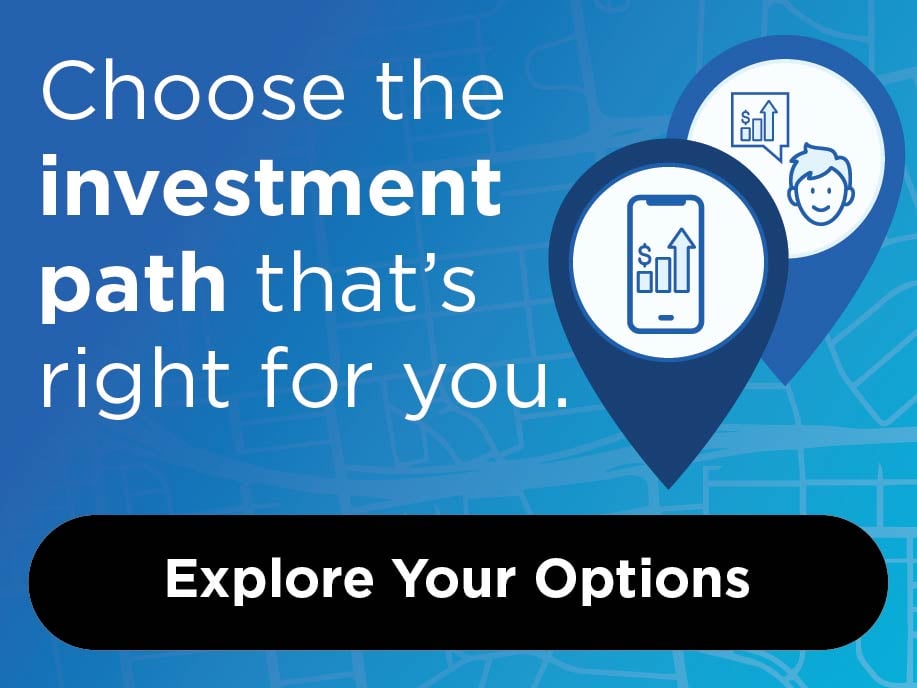
Fraud is on the rise across the country, and scammers are getting smarter every day. At CommunityAmerica, your financial well-being is our top priority — and that means helping you stay one step ahead of fraudsters.
The scope of the problem may surprise you. Fraud looks very different today than it did just a few years ago. The Federal Trade Commission reports that half of Americans have been targeted by scams, and one in three have experienced identity theft. In 2024 alone, reported losses reached more than $12 billion across the U.S.
It’s not just about stolen money. It’s about stolen trust. Scammers rely on fear and urgency to push people into quick decisions, and with new technology like AI, deepfakes, and spoofed phone numbers, their tactics are becoming harder to spot.
Pause. Verify. Protect.
The good news? A few simple habits can make all the difference. At CommunityAmerica, we recommend one simple formula:
- Pause before reacting to unexpected or urgent messages..
- Verify by contacting the company or person directly using trusted information.
- Protect your accounts with alerts and multi-factor authentication.
Even taking a moment to slow down can stop a scam before it starts.
Common Scams to Watch For
Scams may take different forms, but many follow the same patterns. Knowing what to look for — and how to respond — helps you protect what matters most.
Phishing (Social Engineering)
These scams often show up as emails, texts, or calls that look legitimate, claiming to be from your credit union or another trusted source.
Stay safe: Pause before clicking, check the sender’s information carefully, and report anything that feels off.
Imposter Scams
Scammers often pretend to be from well-known companies or government agencies, using real logos or even phone numbers that appear to be real.
Stay safe: Hang up or ignore the message, then contact the company directly using a verified phone number or website.
Romance and Investment Scams
Scammers may build emotional connections online or offer “can’t-miss” investment deals that sound too good to be true.
Stay safe: Never send money, gift cards, or crypto to someone you haven’t met in person. Research any investment and talk it over with someone you trust.
Fake Job Scams
That “dream job” that asks for personal details or money up front? It’s a red flag.
Stay safe: Verify recruiter names and email addresses. Don’t send money, deposit checks, or transfer funds for a job you haven’t confirmed directly.
Identity Theft
If someone gets access to your personal information, they can open accounts or take out loans in your name before you even realize it.
Stay safe: Freeze your credit if you’re not applying for new loans, review your credit report regularly, and set up alerts for unusual activity.
You’re the Best Defense Against Fraud
Protecting yourself doesn’t have to be complicated. Keep an eye on your accounts, use strong and unique passwords, and turn on multi-factor authentication whenever you can.
Tools to Help You Stay Protected
CommunityAmerica provides several tools designed to make staying safe simple:
- My Cards: Get real-time alerts and instantly lock or unlock your debit and credit cards.
- Account and transaction alerts: Get notified of unusual transactions right away.
- Online and mobile banking security: Built-in layers of protection keep your information safe.
If you ever question whether a message or call is legitimate:
- Hang up and call the number on the back of your card.
- Report suspicious contact to [email protected] or 800.892.7957.
- Or stop by your nearest branch — we’re always happy to help.
Stay One Step Ahead
Scammers will keep finding new ways to trick people, but a little awareness goes a long way. By pausing, verifying, and protecting, you can help keep your accounts — and your financial well-being — secure.
For more fraud prevention tips and resources, visit CommunityAmerica.com/Info/Fraud-Prevention





